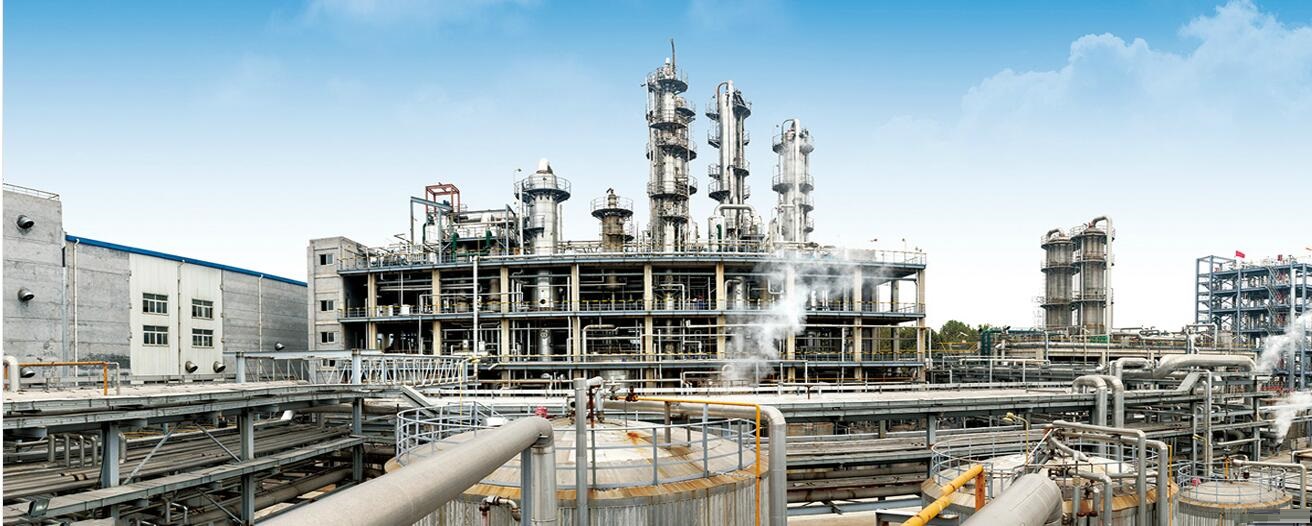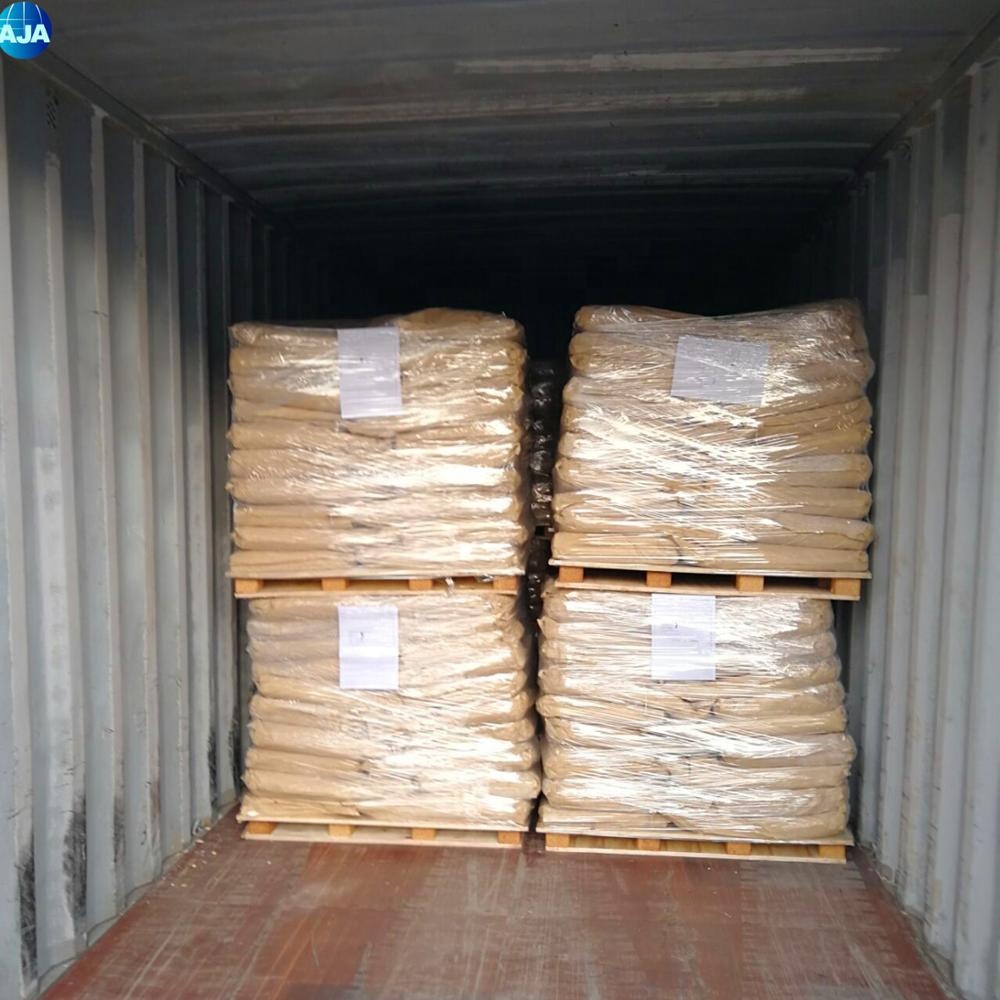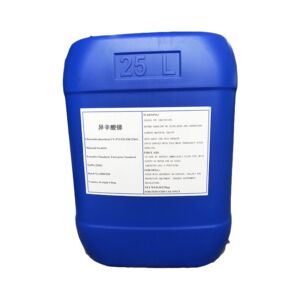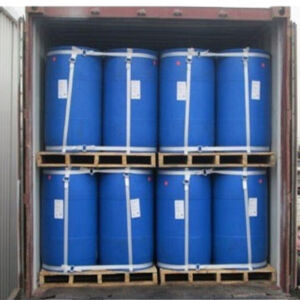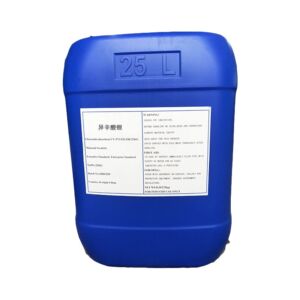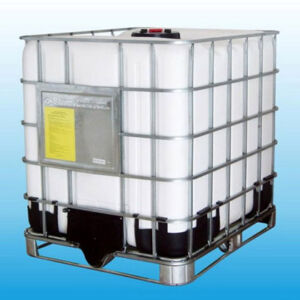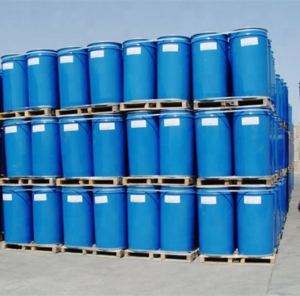2,2-Bis(Hydroxymethyl)Butyric Acid|Chain Extender Hydrophilic Agent DMBA
Physical Properties
English Name: 2,2-Bis(Hydroxymethyl)Butyric Acid,Chain Extender Hydrophilic Agent DMBA
English Synonyms: 2,2-Dimethylolbutyric Acid; 2,2-Bis(Hydroxymethyl) Butyric Acid; 2,2-Bis(Hydroxymethyl)-N-Butyric Acid; 2,2-Bis(Hydroxymethyl)Butanoic Acid;Dimethylolbutanoicacid(Dmba) Dimethylolbutanoicacid;
Chinese Name: 2,2-二羟甲基丁酸
Chinese Synonyms: 扩链剂亲水剂DMBA,2,2-二羟甲基丁酸;2,2-双(羟甲基)丁酸;二羟甲基丁酸;双羟甲基丁酸;二羟甲基丁酸(DMBA);2,2-二羟甲基丁酸(DMBA)
CAS Number: 10097-02-6 EINECS Number: 424-090-1
Molecular Formula: C6H12O4 Molecular Weight: 148.16
Physical And Chemical Properties: The Appearance Of White Crystals, Melting Point 108-115 °C, Soluble In Water, Methanol, Acetone And So On.
Inspection Items Standard Indicators Inspection Items Standard Indicators
Appearance White Powder Iron (PPM) ≤5
Hydroxyl Content % ≥99 Sodium (PPM) ≤10
Hydroxyl Value,mgKOH.g-1 728~782 Potassium (PPM) ≤100
Melting Point °C ≥108°C Phosphorus (PPM) ≤10
Color (PT-CO) ≤150# Silicon (PPM) ≤1
Moisture % ≤0.3 Sulfate Ion (PPM) ≤10
Ash % ≤0.03
Residual Aldehyde % ≤0.03
Acid Value mgKOH/g 374.3-378.2
Acetone-Triethylamine Dissolution Test Clear And Transparent
Second, Use
2,2-Dihydroxymethyl Butyric Acid (Chain Extender Hydrophilic Agent DMBA) Uses: DMBA Is A Neopentyl Carboxylic Acid With Two Active Methylol Groups And Can Therefore Be Used As A Synthetic Aqueous Polymer System. Can Be Widely Used In Water-Soluble Polyurethane, Polyester, Epoxy Resin And So On. DMBA Has Better Dissolution Performance Than DMPA In Different Solvents And Therefore Can Greatly Improve Work Efficiency.
DMBA Is Considered As A New Generation Of Environmentally Friendly Chain Extenders And Emulsifiers For Waterborne Polyurethanes. It Can Produce Waterborne Polyurethane Adhesives Without The Use Of organic Solvents And Zero organic Residue. There Are No Problems Such As High Melting Point Of DMPA, Slow Dissolution, Long Reaction Time, High Energy Consumption, Poor Product Performance, Need To Add organic Solvents, And Large Amount Of Residual Solvents. Can Also Be Used For The Manufacture Of Waterborne Epoxy, Polyester And Other Adhesives. At Present, Waterborne Products Such As Waterborne Polyurethanes, Waterborne Resins, Waterborne Adhesives, And Waterborne Coatings Are Multipurpose Modifiers (Hydrophilic Chain Extenders). As A Monomer, DMBA Does Not Need To Be Added During The Modification Process. organic Solvent (Replaced By Water), The Production Process Is Simpler, And The Performance Is Stable. Among Them, Dimethylamino Propionic Acid (DMPA) Makes Its Application In The Water-Based Field More Common Due To Its Superior Price/Performance Ratio.
Three:Compared With DMPA, DMBA Has The Following Obvious Advantages:
(1).DMBA Has Better Solubility In organic Solvents. The Following Table Shows The Solubility Data Of DMBA And DMPA In Different Solvents At Different Temperatures; (Unit: G/100g Solvent)
No. Temperature
℃ Acetone Methyl Ethyl Ketone Methyl Isobutyl Ketone
DMBA DMPA DMBA DMPA DMBA DMPA
1 20 15 1 7 0.4 2 0.1
2 40 44 2 14 0.8 7 0.5
2,2-Dihydroxymethyl Butyric Acid (Chain Extender Hydrophilic Agent DMBA) Has A Solubility Of 48% In Water And 12% Of DMPA. At The Same Time DMBA Has A Low Melting Point Of 108 °C ~ 115 °C;
Due To Its Excellent Solubility And Low Melting Point, DMBA Does Not Require Solvents or Solvents In The Synthesis Of Aqueous Polyurethane Emulsions.
(2). High Reaction Rate, Fast Reaction, Low Reaction Temperature. Synthetic Polyurethane Prepolymers Have A Short Reaction Time, Typically As Long As 50-60 Minutes, While DMPA Requires 150-180 Minutes. This Is Because The DMBA Structure Has One More Methylene Group Than DMPA, Which Increases The Distance Between The Carboxyl Group And The Methylene Group, And Reduces The Steric Hindrance Of The Carboxyl Group And The Isocyanate, Thereby Increasing The Reaction Rate.
(3). It Is Used For Waterborne Polyurethane Emulsions With Finer Particle Size And Narrow Distribution, Excellent Film Properties And High Gloss.
Packing: 25kg/Packed Cardboard Drum or Cardboard Box Lined With Aluminum-Plastic Film Bag. Stored In Ventilated, Dry, Away From The Fire, And Meet The Fire Protection Requirements Of The Warehouse.

